Mission commander Jim Lovell, command module pilot John Swigert and lunar module pilot Fred W. Haise
The year 2020 marks the 50th anniversary of one of NASA’s most famous missions. On April 11, 1970, the mission of Apollo 13 began with liftoff from Kennedy Space Center in Florida. This was to be the third human lunar landing after the successful missions of Apollo 11 and Apollo 12 in 1969. The mission was designated to land in an area of the moon known as Frau Mauro. The command module would be called Odyssey and the lunar module Aquarius.
The Apollo 13 crew consisted of veteran astronaut Jim Lovell as commander. Lovell had flown on three previous missions, Gemini 7, Gemini 12, and Apollo 8. The Apollo 8 mission was the first to send humans beyond Earth orbit and into Lunar orbit in December 1968. Fred Haise was the lunar module pilot for the flight. He was a former test pilot and had served on the backup crew for both Apollo 8 and Apollo 11. Command module pilot Jack Swigert was originally on the backup crew for Apollo 13. He replaced astronaut Ken Mattingly just three days before the flight because Mattingly had been exposed to German Measles. Because Mattingly had no immunity to the disease, NASA did not want to risk him becoming sick on the mission. Mattingly would later fly to the moon on the Apollo 16 mission in 1972.
The mission proceeded normally until 55 hours and 54 minutes into the flight. Swigert had been asked by mission control in Houston to flip a switch to activate the stirring fans in the oxygen tanks. This was a normal procedure and was done in order to get a more accurate quantity reading. Unknown to the crew, one of the tanks had been damaged previously during testing. Exposed electrical wiring caused an explosion when the fans were activated to stir the tanks. The accident happened at 55:54:53; 26 seconds later, it was Jack Swigert who first reported “Okay Houston, we’ve had a problem here.” Commander Jim Lovell followed by saying the now famous line “Houston, we’ve had a problem.”

Apollo 13 was about 180,000 nautical miles from Earth and rapidly running out of oxygen and electrical power. Soon the command module would be unable to keep the crew alive. The key to their survival was in the still attached and unused lunar module. The lunar module was designed for only two people, but would now have to support three people for the three and a half day trip back to Earth. The lunar module was now a lifeboat. By carefully rationing water and electrical supplies, the crew would just be able to get home. Two hours after looping around the back of the moon, the crew fired the lunar module engine on a long five-minute burn to pick up speed and get them back to Earth sooner.

The lunar module did not have enough carbon-dioxide-scrubbing chemical canisters to keep the air breathable for three men all the way back to Earth. They had to make square canisters meant for the command module fit the round filter holes of the lunar module. The astronauts had to build a crude adapter using only spare parts found on board. When the electrical systems were turned off, the spacecraft also lost an important source of heat. Conditions inside the lunar module became very cold, reaching a low of 38 degrees Fahrenheit. These conditions made it very difficult for the astronauts to sleep.
On April 17, 1970, the crew returned to the Odyssey command module and jettisoned the life boat lunar module Aquarius. Using the re-entry batteries to power the spacecraft, the crew was able to make a successful re-entry and splashdown. The crew was not able to land on the moon, but they did return to Earth alive. None of the Apollo 13 crew ever flew in space again. Many people consider Apollo 13 the finest hour for the people of mission control.
In a speech after the splashdown, President Nixon said the following: “You did not reach the moon but you reached the hearts of millions of people on earth by what you did. Finally, your mission served your country. It served to remind us all of our proud heritage as a nation; to remind us that in this age of technicians and scientific marvels, that the individual still counts; that in a crisis, the character of a man or of men will make the difference.”
Astronaut Jim Lovell was present in person for the opening and dedication ceremonies of the Coca-Cola Space Science Center in June 1996.
Astronaut Fred W. Haise was the special guest speaker during the Coca-Cola Space Science Center’s 50th Anniversary of the Apollo program celebrations in 2019.



